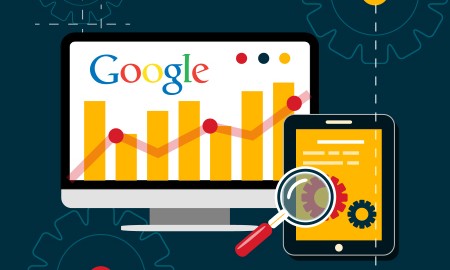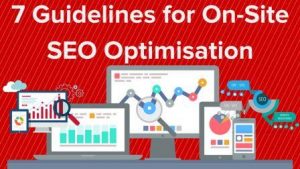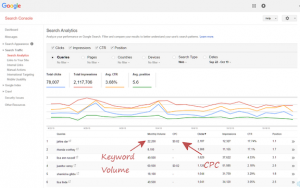 We just passed the 15th anniversary of the launch of the original Google Toolbar. (December 11, 2000, to be exact!) Considered by search engine marketers to be the first-ever Google update, it’s something most users would now take for granted.
We just passed the 15th anniversary of the launch of the original Google Toolbar. (December 11, 2000, to be exact!) Considered by search engine marketers to be the first-ever Google update, it’s something most users would now take for granted.
Beginning with that simple plugin, Google unveiled its commitment to a better search and online experience. The Google updates are now mostly known for larger-scale impacts on searches, rankings, and traffic for websites. But how exactly have these updates evolved for SEO? We break down the most notable here.
- Florida: Throughout 2003, the segmented Florida update covered a variety of optimization issues. Within individual updates, Google placed more focus on back links, link quality, and hidden text in their crawls, all to promote more quality traffic over sites muddled with keywords and shoddy information. This is also when Google fine-tuned their crawls to occur throughout a week.
- Big Daddy: Individual updates began in 2005 and finished in early 2006 with this update, emphasizing personal search. Google Maps and Local merge, bad links are targeted to reduce spam, and redirects are utilized for both sites and webpage comment sections. Big Daddy’s emphasis was placed on behind the scenes action in Google, bettering the user experience.
- Buffy: One of the most impactful results of the 2007 Buffy update is the Universal Search. Results were pulled from web, news, video, and image searches, giving users the option to look in a specialized area or garner information from all of these sections. Now in a neat row right below the search bar, this compilation of results let queries broaden in media and meaning.
- Suggest: As the name states, Google began the auto-completion of search terms in 2008. Hugely helpful, the Suggest update proved itself not only convenient but gave great insight into what users were already searching and what semantic connections proved popular.
- Panda: While a handful of updates occurred between Suggest in 2008 and this update in 2011, components of the Panda really began to affect SEO. A bigger importance of fresh, original content promoted sites’ rankings as well as determination of that content’s quality. Sites updated frequently with relevant information are now more prominent.
- Penguin: This 2012 update brought Google’s threat of an over-optimization penalty, which also had some overlap with Panda. Penguin targeted more direct spam, wrong redirects, and link farms (networks cushioning other sites with bogus links to rise in rankings.) About 3.1% of English queries were affected by Penguin alone.
- Hummingbird: Continuing with the animal monikers, Hummingbird debuted in 2013 and highlighted the importance of semantic search. Searches became more conversational, and individual words’ meanings gave deeper connotation to the query overall. While semantic search is assuredly a big development, this update was also the first Google algorithm replacement since the early 2000s.
- Pigeon: In 2014, local results were pushed to the front of the class with the Pigeon update, which pinpointed local search in a more specified manner. Using Google Maps, location queries, and other search cues, local results became more accurate and influenced rankings based on the user’s location. This also greatly helped local directory and local business results, for both slang and proper terms for geographical areas.
- Hacked Sites: The most recent update at the end of 2015, hacking became the point of Google’s searching aggression. Since a large amount of websites are, unfortunately, hacked by spammers promoting unsavory or wrongful online behavior, this algorithm will seek and remove the hacked URLs from search results. This affected at least 5% of search queries and may rise over time.
Of course, there were dozens of smaller updates between these main ones covered, but these updates and evolved algorithms truly made their mark on SEO. While many sites either were rewarded or penalized for their quality, users benefitted greatly over time with the information they received.
For more information on how Stream Companies manages SEO, download our free ebook!
Digital & Social Articles on Business 2 Community
(32)







